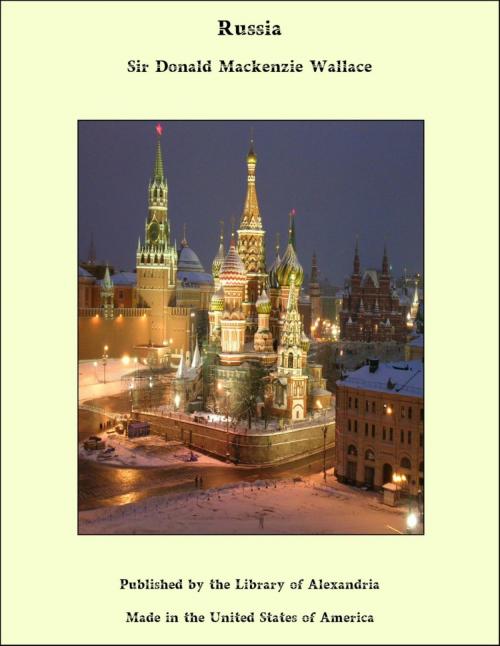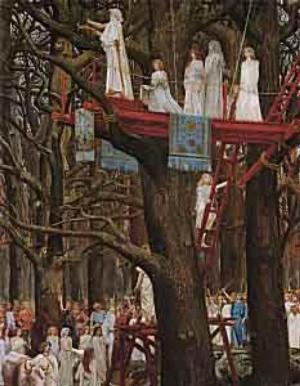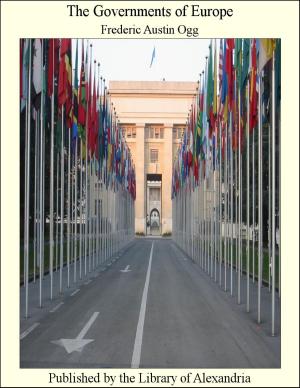| Author: | Sir Donald Mackenzie Wallace | ISBN: | 9781465602091 |
| Publisher: | Library of Alexandria | Publication: | March 8, 2015 |
| Imprint: | Language: | English |
| Author: | Sir Donald Mackenzie Wallace |
| ISBN: | 9781465602091 |
| Publisher: | Library of Alexandria |
| Publication: | March 8, 2015 |
| Imprint: | |
| Language: | English |
Of course travelling in Russia is no longer what it was. During the last half century a vast network of railways has been constructed, and one can now travel in a comfortable first-class carriage from Berlin to St. Petersburg or Moscow, and thence to Odessa, Sebastopol, the Lower Volga, the Caucasus, Central Asia, or Eastern Siberia. Until the outbreak of the war there was a train twice a week, with through carriages, from Moscow to Port Arthur. And it must be admitted that on the main lines the passengers have not much to complain of. The carriages are decidedly better than in England, and in winter they are kept warm by small iron stoves, assisted by double windows and double doors—a very necessary precaution in a land where the thermometer often descends to 30 degrees below zero. The train never attains, it is true, a high rate of speed—so at least English and Americans think—but then we must remember that Russians are rarely in a hurry, and like to have frequent opportunities of eating and drinking. In Russia time is not money; if it were, nearly all the subjects of the Tsar would always have a large stock of ready money on hand, and would often have great difficulty in spending it. In reality, be it parenthetically remarked, a Russian with a superabundance of ready money is a phenomenon rarely met with in real life. In conveying passengers at the rate of from fifteen to thirty miles an hour, the railway companies do at least all that they promise; but in one very important respect they do not always strictly fulfil their engagements. The traveller takes a ticket for a certain town, and on arriving at what he imagines to be his destination, he may find merely a railway-station surrounded by fields. On making inquiries, he discovers, to his disappointment, that the station is by no means identical with the town bearing the same name, and that the railway has fallen several miles short of fulfilling the bargain, as he understood the terms of the contract. Indeed, it might almost be said that as a general rule railways in Russia, like camel-drivers in certain Eastern countries, studiously avoid the towns.
Of course travelling in Russia is no longer what it was. During the last half century a vast network of railways has been constructed, and one can now travel in a comfortable first-class carriage from Berlin to St. Petersburg or Moscow, and thence to Odessa, Sebastopol, the Lower Volga, the Caucasus, Central Asia, or Eastern Siberia. Until the outbreak of the war there was a train twice a week, with through carriages, from Moscow to Port Arthur. And it must be admitted that on the main lines the passengers have not much to complain of. The carriages are decidedly better than in England, and in winter they are kept warm by small iron stoves, assisted by double windows and double doors—a very necessary precaution in a land where the thermometer often descends to 30 degrees below zero. The train never attains, it is true, a high rate of speed—so at least English and Americans think—but then we must remember that Russians are rarely in a hurry, and like to have frequent opportunities of eating and drinking. In Russia time is not money; if it were, nearly all the subjects of the Tsar would always have a large stock of ready money on hand, and would often have great difficulty in spending it. In reality, be it parenthetically remarked, a Russian with a superabundance of ready money is a phenomenon rarely met with in real life. In conveying passengers at the rate of from fifteen to thirty miles an hour, the railway companies do at least all that they promise; but in one very important respect they do not always strictly fulfil their engagements. The traveller takes a ticket for a certain town, and on arriving at what he imagines to be his destination, he may find merely a railway-station surrounded by fields. On making inquiries, he discovers, to his disappointment, that the station is by no means identical with the town bearing the same name, and that the railway has fallen several miles short of fulfilling the bargain, as he understood the terms of the contract. Indeed, it might almost be said that as a general rule railways in Russia, like camel-drivers in certain Eastern countries, studiously avoid the towns.















